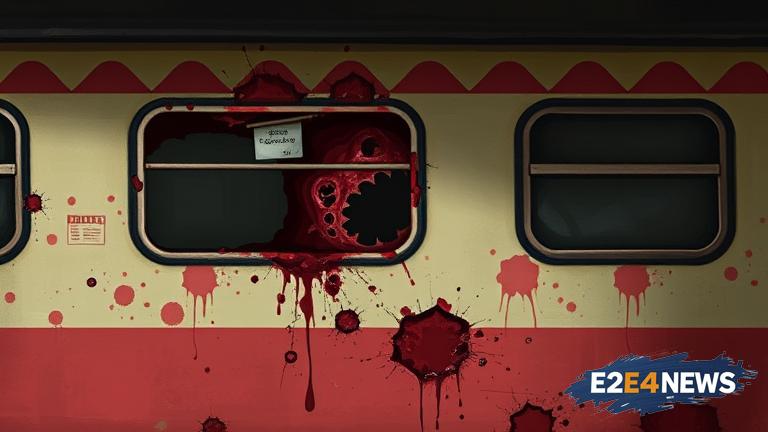The 2006 Mumbai train blasts, which occurred on July 11, 2006, were a series of coordinated terrorist attacks that targeted the suburban train network in Mumbai, India. The blasts resulted in the deaths of 209 people and injured over 700 others. Seventeen years have passed since the attack, but the survivors and families of the victims are still awaiting justice and compensation. Many of the survivors have been left with physical and emotional scars, and are struggling to rebuild their lives. The Indian government has been criticized for its slow response to the attack and its failure to provide adequate support to the victims and their families. The investigation into the attack was led by the Mumbai Police, with assistance from the National Investigation Agency (NIA) and other agencies. The probe revealed that the blasts were carried out by the Lashkar-e-Taiba (LeT) terrorist group, with the help of the Students Islamic Movement of India (SIMI). The mastermind behind the attack was identified as Azam Cheema, a Pakistani national who was allegedly involved in other terrorist attacks in India. The trial of the accused began in 2007, but it has been delayed several times due to various reasons, including the absence of key witnesses and the transfer of judges. In 2015, a special court in Mumbai convicted 12 people, including the alleged mastermind, in connection with the blasts. However, the families of the victims have expressed dissatisfaction with the verdict, citing that the main conspirators were still at large. The Indian government has also been criticized for its failure to extradite the accused from Pakistan, where they are believed to be hiding. The victims and their families have been demanding justice and compensation for years, but their pleas have fallen on deaf ears. Many of the survivors have been forced to live in poverty, as they are unable to work due to their injuries. The psychological trauma caused by the attack has also had a lasting impact on the survivors, with many suffering from anxiety, depression, and post-traumatic stress disorder (PTSD). The attack has also had a significant impact on the social and economic fabric of Mumbai, with many businesses and communities affected by the blasts. The city’s transportation system was also severely disrupted, causing widespread chaos and disruption. The Indian government has announced several schemes to provide compensation and support to the victims and their families, but the implementation of these schemes has been slow. The families of the victims have also been demanding that the government provide them with employment and education opportunities, to help them rebuild their lives. The 2006 Mumbai train blasts were a devastating terrorist attack that had a profound impact on the city and its people. The attack highlighted the need for increased security measures and intelligence gathering to prevent such attacks in the future. The Indian government has taken several steps to improve security, including the establishment of a National Counter Terrorism Centre (NCTC) and the implementation of a comprehensive security plan for the city’s transportation system. However, much more needs to be done to ensure that such an attack never happens again. The victims and their families deserve justice and compensation, and it is the responsibility of the government to provide them with the support and assistance they need to rebuild their lives.
